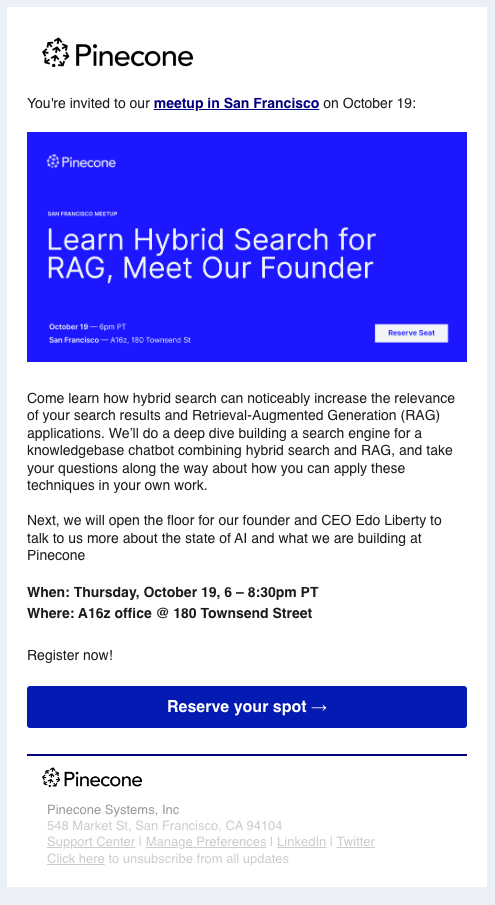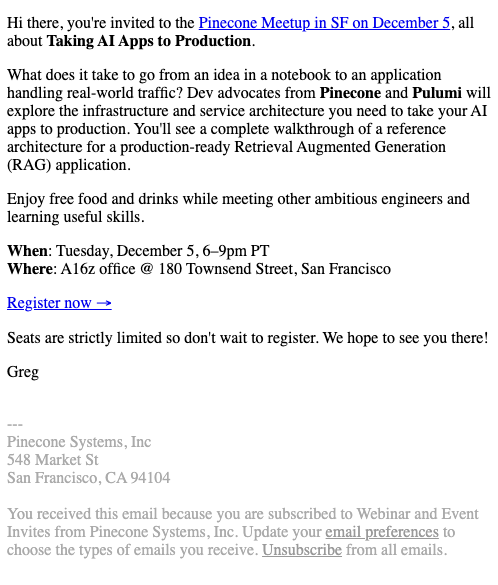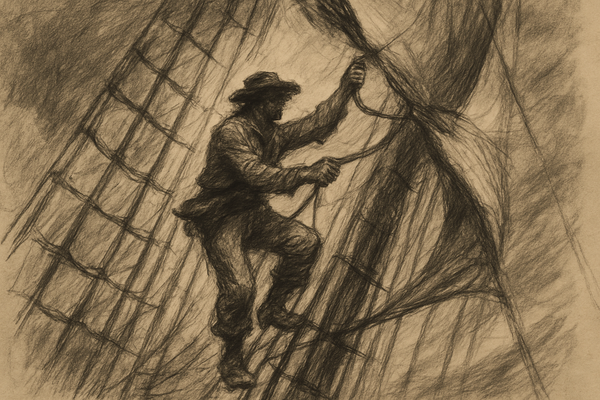Would Anything (of Value) Be Lost?
“Wabl” is a principle I instill in my own and my team's work. (Pronounced like “wobble”.) I want to share it with you because it could help you do better work with less time and agony.
When you review some work — like code, a strategy, an architecture, a design, a draft... — ask yourself:
Would Anything [of value] Be Lost if this or that thing were removed?
You will find the answer is often “no,” so you can remove that thing and make things a lot simpler. Simple is good:
- there’s less work to do so you can launch it sooner and get more things done
- it puts more attention on what’s remaining, making both you and your audience focus on the most important parts of the material
- it’s easier to replicate and scale
- if it's content, it comes across as more authentic and confident
All those things combined result in work that makes a bigger impact, faster.
It’s easy to agree that “simple is good,” but practicing it is hard. Especially at a growing company where everything has a tendency to get more complicated over time, not more simple. You need to be vigilant and constantly ask what can be removed and simplified without losing value.
For example: If your marketing team wants to send a marketing email they have to choose a template, mess with the content and formatting to make it fit the template, create a new banner image and hope it's the correct version to use, and remember to update linked elements like the banner and button to point to the right place. What do you think, WABL if they didn't do any of that stuff and just sent a simple email in plain text?
Let's see... Here's a meetup invite we sent from Pinecone that used one of the email templates:

And here's another invite that just used plain text:

The simple email with less stuff got 13% more opens, a bunch of replies vs zero replies, and the same clickthrough rate (% of openers who clicked a link). It also took 30-50% less time to prepare, and is a lot easier to replicate for future meetups.
(I've learned this lesson multiple times in my career.)
It's counter-intuitive and gets pushback from people afraid to challenge norms, but I encourage you to self-edit this way by constantly asking yourself "WABL?!" and ruthlessly cutting things out when the answer is "no." You'll move faster, have a lot less busywork, and get a much better work product as a result.





